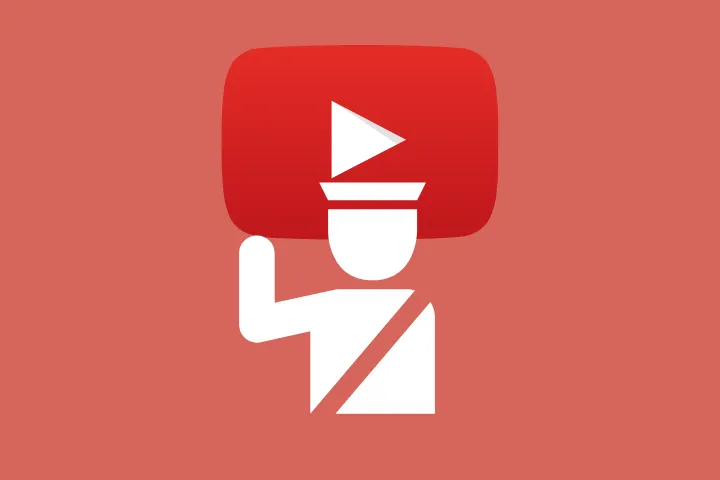
Blog

The Biggest Mistake Social Media Gurus Make in Their Businesses
If you’ve watched YouTube at all over the past number of years, you’ve probably seen the rise of the popularity of certain content creators. As a result, these content creators have been enticed by YouTube and Instagram by monetizing their content, and entire businesses have been created.
But… There is a hidden downside.
One of the great truths I’ve realized over the years, is that when you rely on someone (or a company), you are ultimately controlled by them.
One of the biggest dangers to modern Online Businesses is that the business cedes control of the very asset that makes them successful — the relationship the business has with their followers. The business solely relies on the single vertical of contact, and as such, the vertical can unilaterally dictate the terms of what can be said, communicated, or inferred on the platform. Speech that may be ok one day, can be changed on a moment’s notice, and entire businesses can (and have) gone under.
So How Do You Safeguard Yourself?
Plain and simply, the business MUST wrest control of being able to contact their followers from YouTube to themselves. You’ve begun to see a rudimentary version of this, by content creators moving their wares to alternate companies such as Patreon, but it is best advised to entice your followers to opt-in to an Email list, hosted by an Email Service Provider that the content creator controls. So, even if the content creator gets ‘deplatformed’, the creator can still keep their relationship with their list strong as ever.
How Do You Build Your Email List?
First of all, recognize that a person’s email address is a thing of value — and as such, people won’t give you their email address without a good and compelling reason. Just having a ‘newsletter’ isn’t going to cut it.
Giving a person something of perceived value in exchange for permission to contact them is a time-tested method of success.
In the Direct Response Marketing industry, we call this a “Lead Magnet’.
Many times, you’ll find that a Lead Magnet is a free-download, easily consumed piece of information, directly related to the follower’s subject of interest.
For example, Colion Noir is a firearms proponent whose YouTube channel has 1.2 Million followers. He regularly reviews pistols for concealed-carry purposes, and his followers constantly inquire about his highest recommendations. When you go to his website, he offers up his free report, in exchange for your email address (and permission to send you emails).

Colion Noir offers a lead magnet on his website.
Once You Have Them, Nurture the Relationship
Just because you have their information, it doesn’t mean that you ‘have’ them forever. Like growing a plant, you need to give it attention and fertilize them with good, interesting content on a regular basis. Having an email list that you never email is just as bad as not having a list to begin with.
Set expectations right at opt-in, and keep to that schedule. Give the list new content fairly often, but sprinkled with sale offers.
If you only give content without asking them to purchase something, you set that expectation, so when you eventually ask for money, they will get angry. If you only ask for money without giving content, they will become disinterested — fast. It is a balancing act.
Now for people building an email list off of their YouTube channel, send out email broadcasts to the list whenever you post a new video, with a link to the video’s url. Also, give special ‘insiders only’ broadcasts with content only available to list members.
I’ve helped MANY clients take their businesses from the ‘idea’ phase, working out of their dining room, to multiple millions of dollars a year. Some of these, with an email list of only 5-6,000 people.
Imagine what you could do, if you were to monetize an email list of 50,000!
Copyright (c) 2024 Andrew Brumana - All Rights Reserved
Privacy Policy | Terms of Use